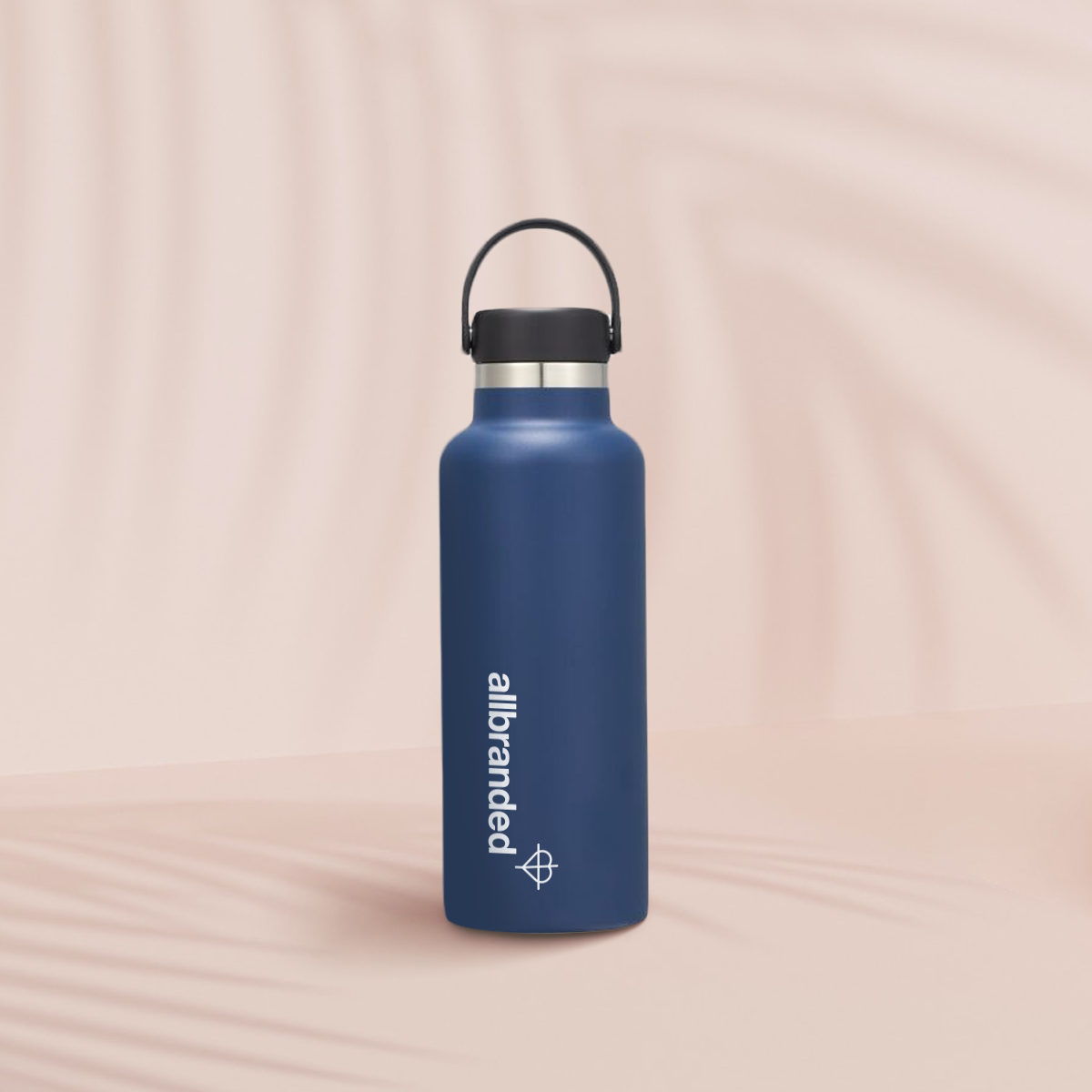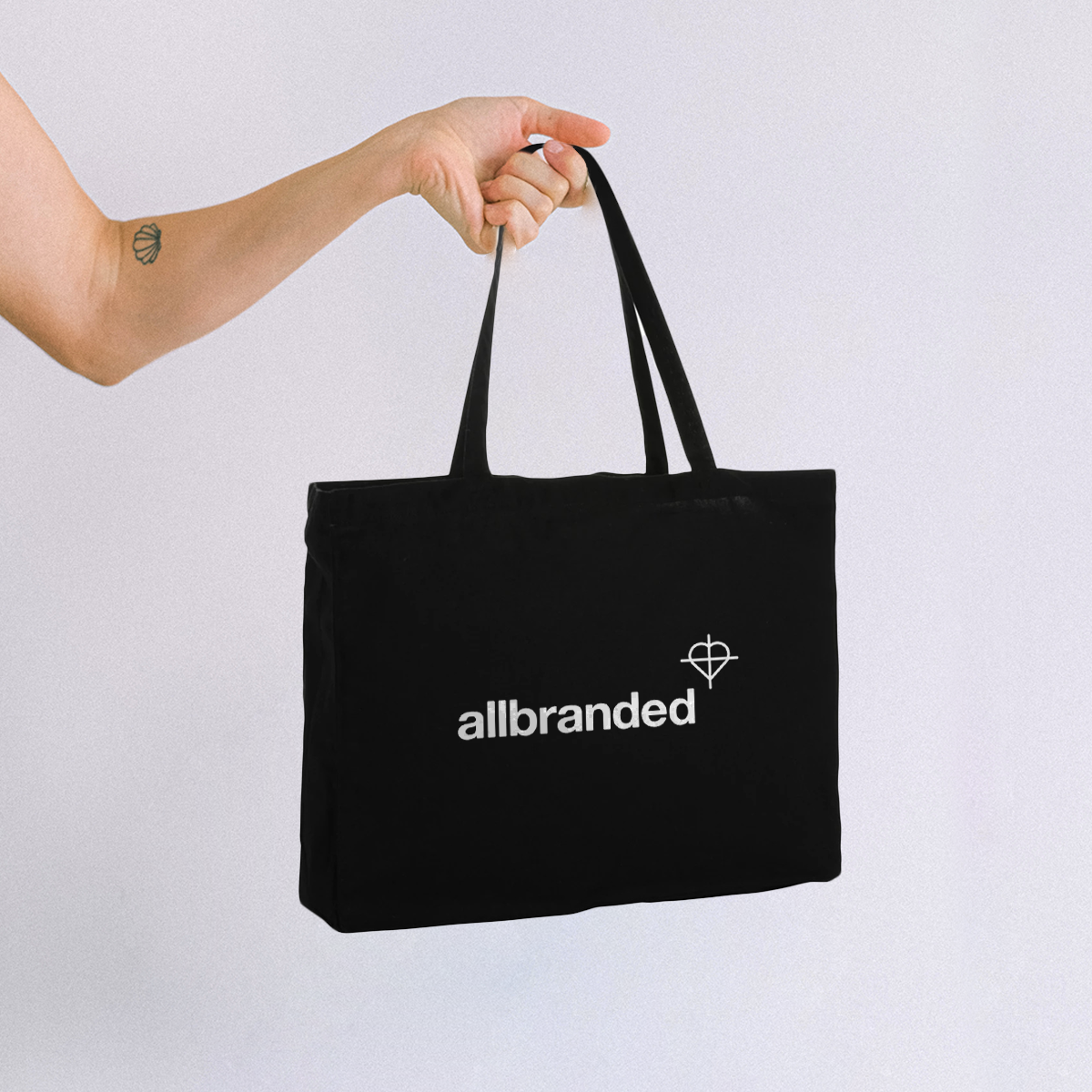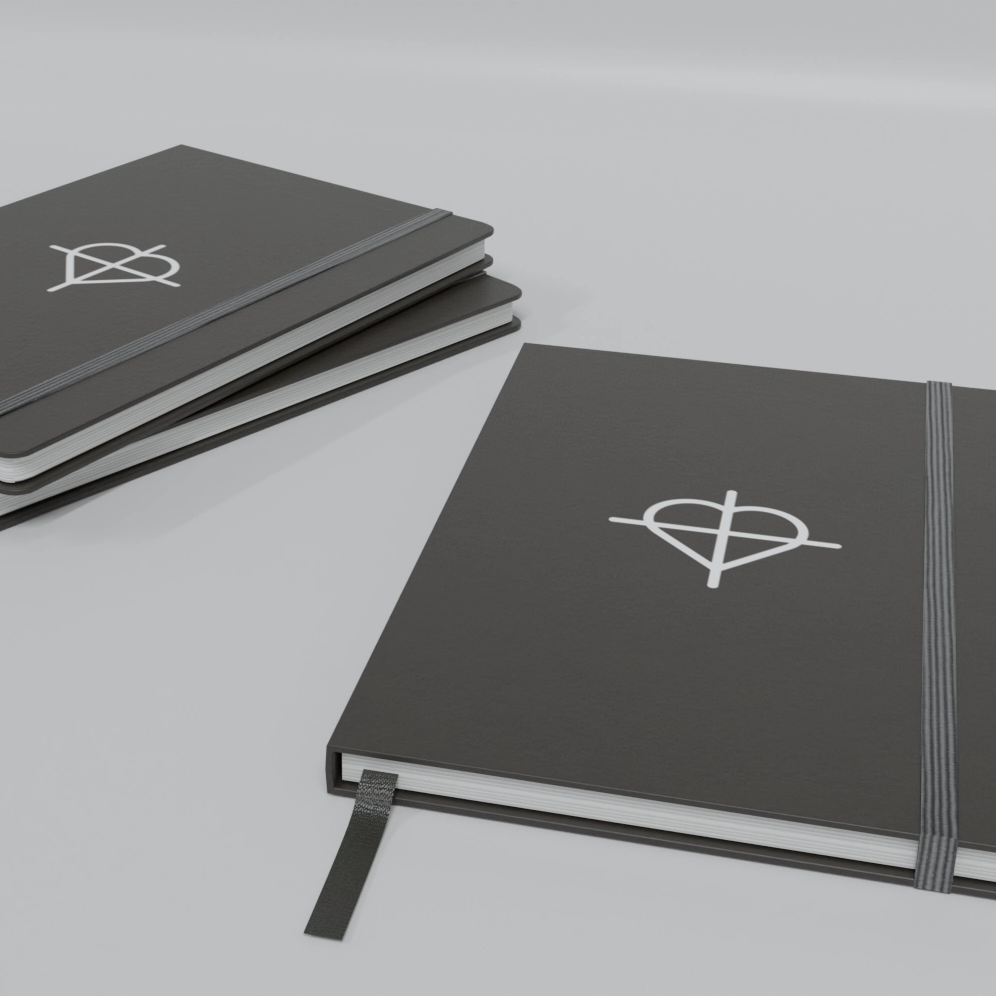Vector graphics
Graphics and logos should be vectorized to avoid pixelation of images on large advertising products. Since a vector graphic is based on paths and not pixels, the quality remains the same even when zoomed in very closely. To create a vector graphic, you need a graphics program such as Adobe Illustrator or Inkscape. There are both free and paid programs available for creating vectors.
What is a vector graphic?
A vector graphic is a computer graphic composed of graphic segments such as colors, lines, circles, polygons and curves. The graphic segments represent the graphic in a two-dimensional plane. A vector graphic consists of an image description that precisely defines the individual objects in an image. For example, a vector graphic containing a graphic segment in the form of a circle contains precise information about the position of the centre, the radius, the line thickness and the colour. Vector graphics are resolution-independent and lossless scalable, so that they can be enlarged, reduced and distorted as desired without any loss of quality. This is mainly due to the fact that vector graphics do not consist of individual pixels.
For this reason, vector graphics are particularly well suited for on-screen and print reproduction, such as on promotional materials. Vector graphics are often used to create illustrations, graphics and logos. Since it doesn't matter whether a large poster is being printed or textiles are being printed - with vector graphics, images can be enlarged as desired and still be printed sharply without a loss of quality.
In order not to have to convert an image into a vector graphic, you can, for example, design your logo directly as a vector file. This reduces the file size. Vector graphics can be recognized by the file extensions svg, eps and ai. Examples of non-vectorized files are jpg, png, tiff, gif.
Creating a vector graphic - tips
Many different graphics programs can be used to create a vector graphic. Vector graphics can be easily created with paid programs such as Photoshop, Adobe Illustrator, CorelDRAW or Magix. However, there are free programs that also make it possible to create vector graphics. A couple good and free alternative programs are, for example, Inkscape or Gimp.
For example, to create a vector graphic in Inkscape from a JPG image, do the following:
- First download the Inkscape software and install the file on your PC.
- Then select the desired JPG image from the “File” menu item.
- Then select the option “Link image” to reduce the storage capacity and confirm the selection.
- After the graphic has loaded onto the canvas, under the Path category, select Vectorize Bitmap.
- Now you can make and adjust various settings. In the "Mode" tab you can, for example, determine the criteria according to which the vectors are created, either via automatic edge detection or via brightness.
- The "Update" function shows you a preview image and visualises the changes made to the values.
- Click the “Ok” button and apply the changes.
- Now you can save the vector graphic as an EPS file, PDF format or SVG file.
Our vector graphics service at allbranded
Only high-resolution vector graphics are used in the allbranded printing process. We work with vector graphics formats such as Encapsulated Postscript (EPS), Portable Document Format (PDF) and Adobe Illustrator (AI). Your logo can be coloured in any Pantone colour. We ask you to provide us with your graphics and images in the above formats. This enables us to ensure that the requested print items can be produced in high quality and that the quality of the graphics is not reduced. If you do not have a vector graphic file available or do not have software such as Adobe Illustrator or Inkscape, we can take over this service for you for a surcharge of $25.00 net. For more information, you can reach out to us via our contact form.




.png)
.png)
.png)